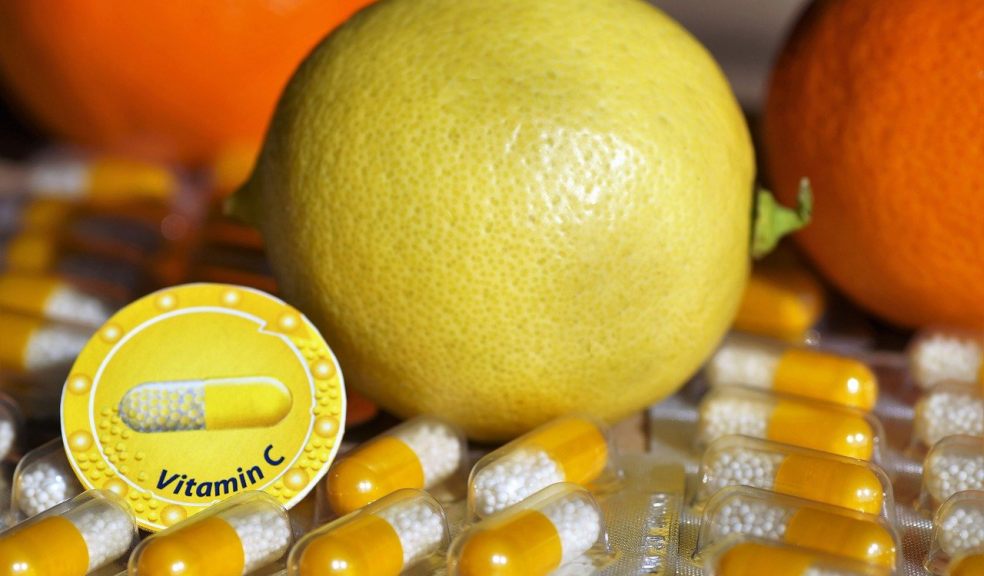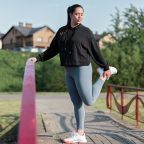
The Vitamins and Minerals Brits need during the colder months
As we are now into the colder months of the year and the likelihood of spending lots of our time indoors again, experts have warned which vitamins and minerals our bodies will be deficient in, this winter.
To ensure our bodies are as strong and healthy as possible, experts from Scandinavian health and beauty brand, New Nordic, have explained the key ingredients certain foods can support towards a healthier immune system after new research has found 53% of Brits want to improve their diet and skin.
Karl Kristian, founder of New Nordic, has named five key vitamins and minerals our bodies require during the colder weather;
B Vitamins
There are many different types of B vitamins which each have key benefits, but they can’t be directly made in the body. The main ones are B-12 which makes red blood cells and regulates the nervous system, B-6 which helps the body convert food into energy and also B-1 and B-2 which turn food into energy as well as supporting the nervous system, skin and eyes.
Karl comments: “B-12 is essential during winter as it can improve our mood and boost energy on those cold, short days. We can boost the levels of B vitamins in our body by eating foods such as whole grains, meats, cheese and leafy greens including cabbage and kale. Another way to help get the required B vitamins into your body is by taking a supplement like b-energy™ mega strength.”
Vitamin C
Vitamin C is crucial in helping to protect the body’s cells, keeping them healthy by making antibodies to protect against illness so is an essential nutrient that boosts the immune system. The body cannot produce vitamin C itself, so our diet is key for this with citrus fruits, red bell peppers, tomatoes and potatoes all containing vast amounts. Karl adds that another benefit of vitamin C is helping maintain healthy looking skin by producing collagen, preventing skin from both sagging and wrinkles.
Vitamin D
During summer it is easy to get vitamin D into our bodies as we spend a lot of time out in the sun which allows our skin to produce this. However, it is vital to have an intake of vitamin D all year round so we should eat foods such as oily fish (salmon, sardines, herring and mackerel), red meat, egg yolks and fortified foods including most fat spreads and some breakfast cereals. Signs that you may be low in vitamin D include fatigue, bone pain and muscle weakness or aches.
Karl comments: “Vitamin D is a hormone that communicates within your body through neurons. It is required for the regulation of minerals, calcium and phosphorus found in the body, in order to keep bones, teeth and muscles healthy. A lack of vitamin D can lead to bone deformities such as rickets in children, and bone pain caused by a condition called osteomalacia in adults. It also plays a critical role in maintaining proper bone structure. Taking multivitamin tablets or pure vitamin D tablets daily with food will increase the rate of absorption.”
Iron
Iron is important in making red blood cells, which carry oxygen around the body, increasing our energy levels. A lack of this could lead to iron deficiency anaemia. It is not made in the body so must be absorbed from what we eat and to do this we should eat red meat, beans, nuts and dried fruits. Liver is also a rich source of iron but avoid this if pregnant as it contains lots of vitamin A which can harm an unborn baby. Karl adds that anyone who has heavy periods or is pregnant is at a higher risk of having iron deficiency anaemia, they are more likely to need to take iron supplements to help themselves.
Vitamin E
During winter the harsh weather can cause skin to feel dry and go flaky, but vitamin E helps maintain the health of the skin and eyes whilst protecting us from illness and chronic diseases like heart disease and cancer. Karl states that vitamin E will help battle against ageing skin as it is an antioxidant, is often found in skin care products and is in many foods that contain fat including nuts, seeds and plant oils like rapeseed, sunflower and olive oil.
Karl Kristian of New Nordic commented: “Getting the required vitamins and minerals in our body may feel like a challenge but bringing just a few different foods into your diet will help your intake of them. Alternatively, if you are struggling to do this, try taking supplements to ensure you are consuming the vitamins you are short on. They perform hundreds of roles in the body, from protecting skin and healing wounds to making our nails stronger and preventing us becoming ill, making us feel physically and mentally stronger.”



















